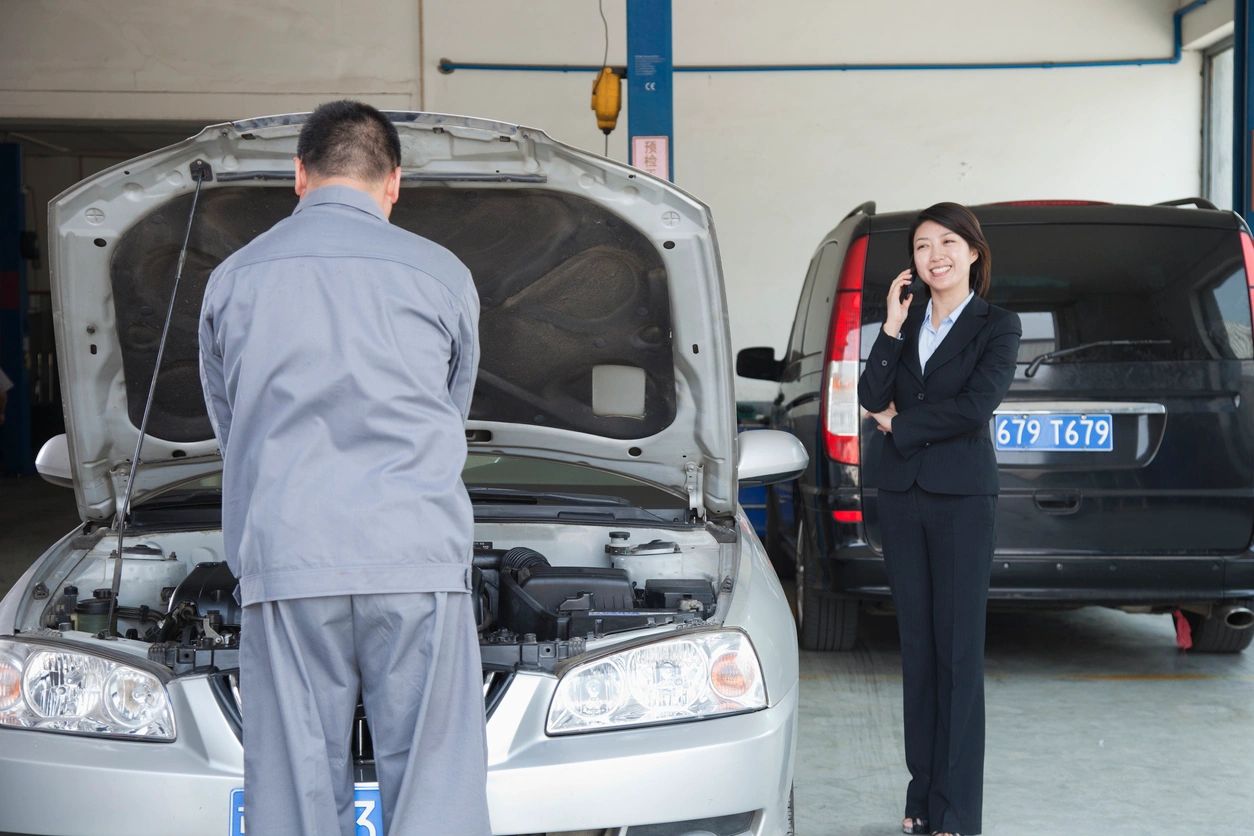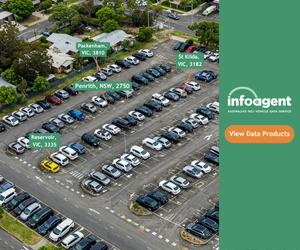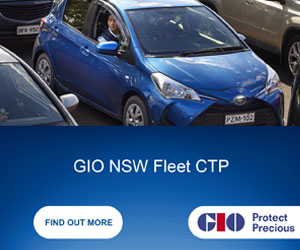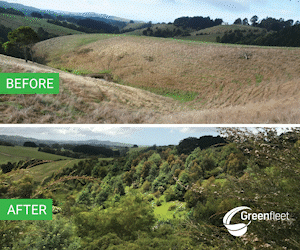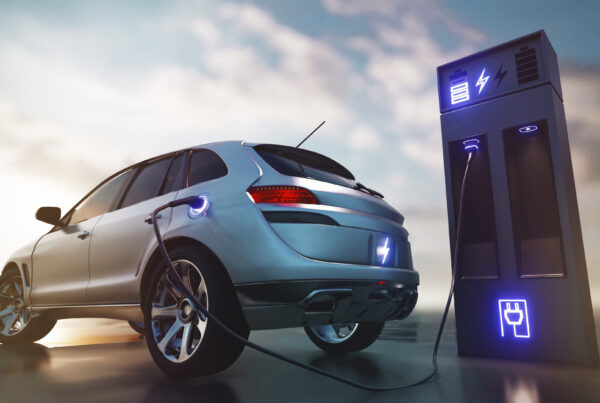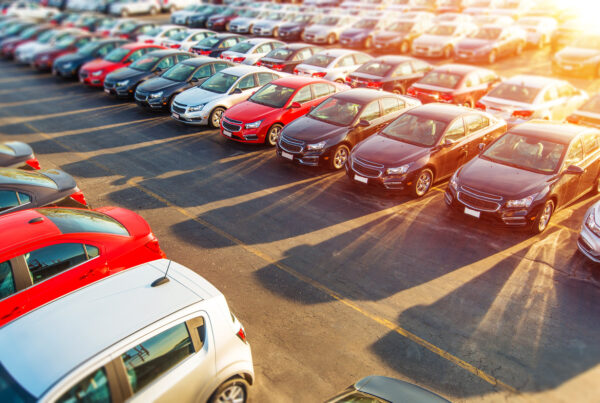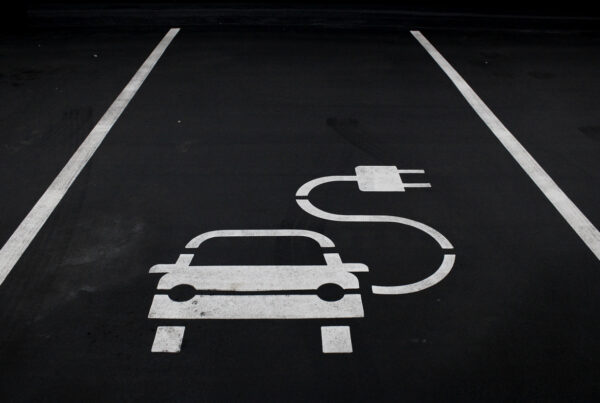BloombergNEF’s forecast expects Singapore to dominate the passenger EV market by 2040. The same report foresees that Southeast Asia will eventually be “the world’s next hub for the EV (electric vehicle) industry.”
Singapore’s leading EV brands are BYD and Tesla despite the strong presence of EV sales by major manufacturers such as Hyundai, Kia, Volkswagen, Audi, and Mercedes-Benz. For the first half of 2024, 32.1 per cent of the island’s new car registrations were comprised of EVs. By 2040, BloombergNEF predicts that 80 per cent of Singapore’s passenger vehicles will be electric.
GOVERNMENT-LED EV PROJECTS
As EV numbers grow, Singapore is keen to support its citizens in adapting them. The Singaporean government provides its citizens with financial incentives through its program, EV Early Adoption Incentive (EEAI). This project was a collaboration of the country’s Land Transporation Authority (LTA) and National Energy Agency (NEA) and is one of four major EV-related initiatives. Starting 2021, Singaporeans who purchase an electric vehicle receive a discount on their Additional Registration Fee (ARF) of 45 per cent. Originally intended to end in 2023, the program was subsequently extended until 2025.
The LTA is placing significant effort into the convenience of owning EVs across the country. “To facilitate easy recognition of EV charging lots for drivers, LTA strongly promotes the standardisation of the EV charging lot design,” stated their website.
In addition to the EEAI, Singapore’s public housing office, Housing Development Board (HBD), is in the process of adding EV chargers to each of its parking lots. Meanwhile, the EV Common Charger Grant provided financial support for the installation of EV chargers in private residences. As of April 2024, Singapore has installed some 6,200 EV chargers in an estimated 700 parking lots. Half of these are available for public use in gas stations and other establishments.
The LTA plans to develop its program even further by converting its current overnight EV chargers to “ultrafast chargers” with the help of electronics company, Huawei. Huawei’s ultrafast chargers are powerful and capable of fully charging cars in half an hour. This is a vast improvement from non-fast chargers which take less than 10 hours.
EV GOALS AND OBSTACLES
Though there is sufficient support for citizens to make the switch, Singapore’s reputation for costly car registrations stands in the way. The government created these car registrations to encourage use of public transportation, rather than private vehicle ownership. Like most Southeast Asian countries, Singaporean citizens find the overall cost of EVs to be significantly higher than those of non-EV or non-hybrids.
These efforts are a part of Singapore’s goal to reduce carbon emissions by the year 2050, extending EV conversion efforts to its public transportation as well. Singapore also plans to convert half of its public buses for transport to electric vehicles in the same timespan. This change will put Singapore in an effective lead to dominate the passenger EV market by 2040, as BloombergNEF predicted.
Singapore may be a rising tiger for the Southeast Asian EV market, but according to an article by The Business Times, there is a strong possibility for the country’s EV adoption rate to stall in the near future. Nevertheless, its government’s strong support primes the country to be the dominant player in the passenger EV market.
Was this article helpful? Leave us a like!

